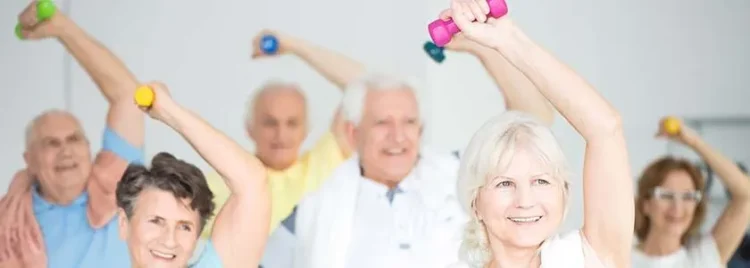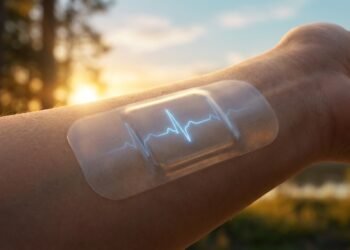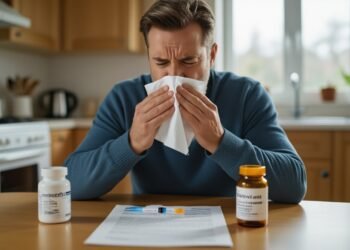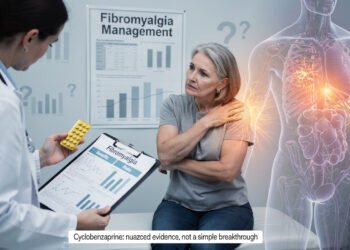Exercise is for all
‘Exercise not only improves our well-being as we get older, but it can also potentially reduce our biological age by 8.8 years!’
In this episode of Lifestyle Matters, we review the importance of exercise as we get older and briefly touch on the significance of exercise in people with disabilities.
Exercise and individuals above the age of 65:
It is common knowledge that exercise is important for our well-being, but many retirees wonder why they need to exercise after slogging it out for years. I frequently hear retirees ask rhetorically, ” Is this not the leisurely part of life?”.
Indeed, it is true that life in retirement is meant to be leisurely but to reap the benefits of those years and truly enjoy ourselves, the body needs to be physically fit. Exercise has been shown to increase life expectancy. Our DNA strands are protected by telomeres. Telomeres shorten as we get older due to fraying. However, it appears that exercise can in fact lengthen these telomeres which translates to a biological age of up to 8.8 years younger.
First, let us understand the effects of ageing. Some of these effects or changes are inevitable due to the physiological changes that happen in our bodies as we age.
Some of the changes include:
-
Sarcopenia i.e. progressive loss of muscle bulk
-
Osteopenia i.e. progressive loss of bone density
-
Reduced joint flexibility & mobility
-
Reduced cardiorespiratory reserve
-
Reduced balance and coordination
-
Increased susceptibility to mood disorders – multifactorial
However, these can be slowed down with exercise!
“The recommended guideline for individuals above the age of 65 years is 30 minutes of moderate intensity exercise per day on most days or, if feasible, all days. Include the different types of exercises as listed below if possible”
Each exercise category listed below has its own benefit for example, resistance training helps improve bone density and muscle mass whereas aerobic training increases our cardiorespiratory fitness.
Hence try incorporate 1 from each group:
-
•Aerobic Training: walking, jogging, swimming, golfing (without the use of a golf cart, of course)
-
Resistance Exercise: push-ups on the wall, climbing stairs, lifting groceries / grandkids, ½ squats holding the back of a chair, wall-sits etc
-
Stretch / flexibility: Tai Chi ( my favourite as it also improves balance, coordination and cognition), heel raises, hamstring stretches
-
Balance: One legged stand- start off with holding on a chair / table, step ups
Consulting an Exercise Physiologist is especially important if one has any physical or medical limitations. Safety is paramount hence I would recommend the use any hearing / visual aids if needed. You must also ensure adequate lighting is available and always use comfortable clothes and supportive shoes to make the exercise more enjoyable and effective.
Exercise and disability
¾ of people with a disability do not meet current guidelines. These guidelines are the same as the age-matched guidelines and should be modified based on a person’s disability. It is extremely important for this to occur as disabilities can come with their own set of cardiorespiratory/metabolic/bone/muscular/joint complications and to decelerate these, exercise can be a huge value added.
Once again, an Exercise Physiologist can be accessed through a variety of systems and one of the easiest ways to do so in Australia is through the National Disability Support Scheme (NDIS)
Apart from all the above benefits, exercise not only increases the likelihood of us getting some sunshine and fresh air, but it also provides us opportunities to increase our social network.


























